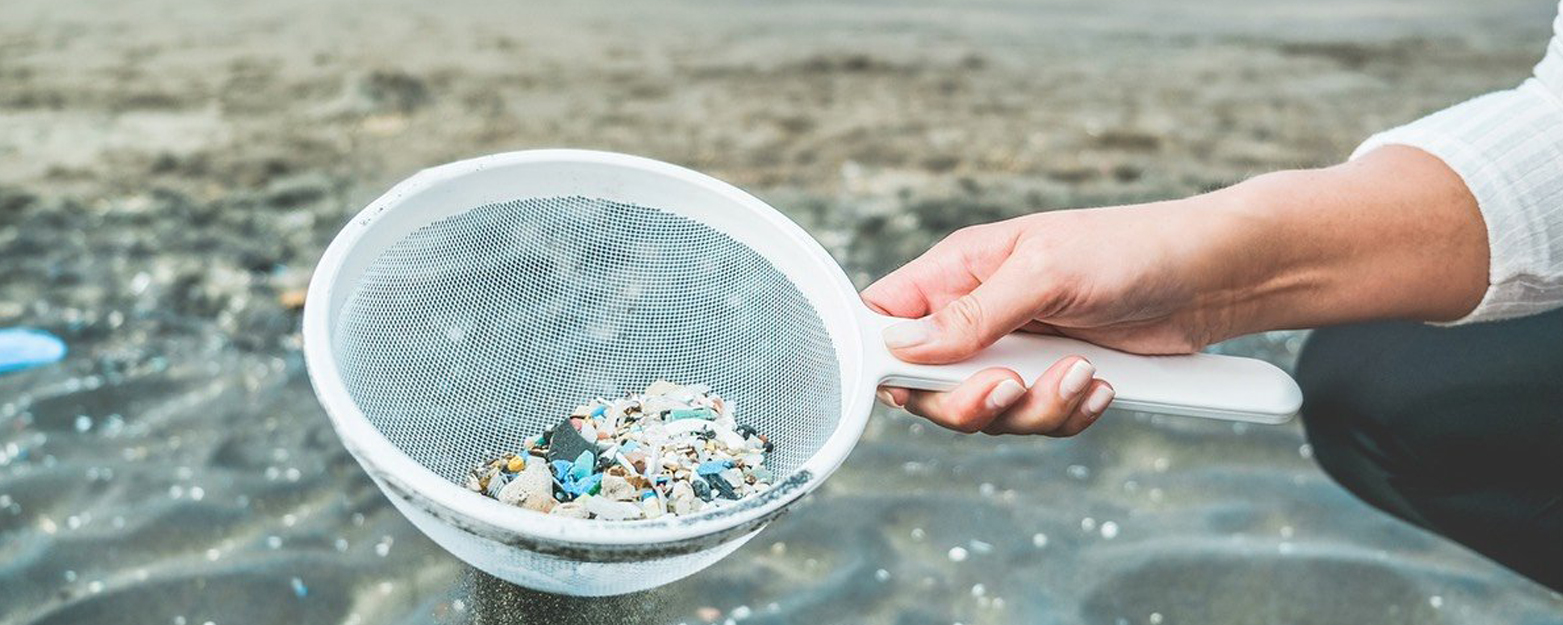MICROPLASTICS: FILMOP PRODUCTS PASS THE TEST
Deterioration of plastic objects, abrasion of tyres on the road, wear and tear of synthetic fabrics during washing, dispersion of micro-particles in body care products: the causes of the tiny pieces of plastic material reaching the oceans are many, each with a different impact on the total sum. It is estimated that abandoned plastic waste such as bags and bottles alone account for up to 81% of the microplastics in the sea.
The presence of microplastic particles in aquatic ecosystems has attracted widespread attention in recent years and has become the subject of an increasing number of studies motivated by environmental and health concerns. Although research over the last decade has not yet clarified the risks posed by microplastics, it is essential to continue investigating the origins, effects and possible solutions to contain a global invasion of non-biodegradable particles.

The choice of Filmop
Protecting health and the environment has always been at the heart of all our projects: identifying any possible impact of cleaning products is a priority for us, which is why we decided to investigate the reasons and extent of this phenomenon.
Studies have shown that the release of microplastic particles from textiles is mainly caused by the abrasion of synthetic fabrics during washing, which causes the fibres to shed. The amount of microplastics released varies from textile to textile, so quantifying them allows an objective evaluation of the impact.

Accordingly, we had the Micro-Activa, Twist-Tuft, Rapido Super Extra, Rapido Super and Rapido mop heads analysed by a highly specialised independent laboratory, which verified the release of microplastics in accordance with ISO 23231.
All products passed the test with flying colours: the Micro-Activa and Twist-Tuft mop heads were tested for particularly low wash and rinse losses and received the highest rating. In addition, the Rapido Super Extra, Rapido Super and Rapido mop heads showed low release.
